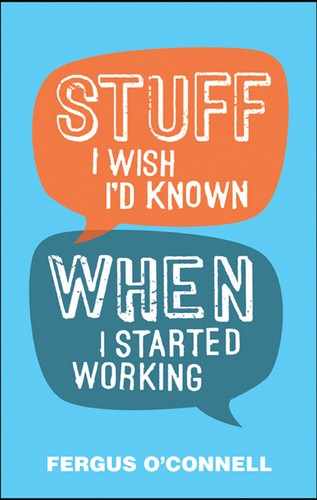EMAIL
STEP AWAY FROM THE COMPUTER!
Apparently in London, at the very beginning of the twentieth century, many postal districts managed twelve deliveries a day, the first being at 7.15am and the last at 8.30pm. If you think about it, this was almost as good as having email – and this nearly a century before email was invented.
The Victorians have been slated for many things but my sense is that when it came to dealing with the mail, they probably did it well. They probably did it in that solid, sensible, practical way for which they have so often been ridiculed.
I can imagine say, the one o’clock postal delivery coming and the letters being placed on either a small tray, if it was a domestic delivery, or in pigeon holes if it was a business. Then, in due course, the master or mistress of the house or some employee of the business would open the letters and deal with their contents.
The key phrase here is ‘in due course’.
The notion that each time a letter arrived someone would immediately tear it open and start dealing with whatever issue it raised would have been laughable to those bewhiskered and crinolined Victorians.
One of the things I do is teach courses in project management. Whenever I teach a course I give it all I’ve got. For a course that starts at nine, I’ll be there at seven and I’ll pretty much not leave the room until the course ends at five. I may not eat lunch. I’m in the zone. I teach all my courses using a flipchart – no PowerPoint as a crutch for me. As a result, when the course ends, I’m completely exhausted. I have taught more than 600 of these courses but I’m as tired these days as I was after I taught the very, very first one all those years ago.
When I spend a day teaching a course, I do little else. Something would almost have to be life threatening for me to give it any attention. As a result, the day-to-day business of emails is one of the things that gets put on hold. Recently I taught two two-day project management courses back to back with the result that when I had finally finished, there was a backlog of a couple of hundred emails that needed to be looked at.
I started in on them and had dealt with the lot in just over two hours. I started at the top, of course, with the most recent one and worked my way down. What was particularly satisfying was when one that I had already dealt with meant that several earlier ones were now irrelevant. It was surprising how often this happened. What was also surprising was how I had missed nothing urgent – there was nothing that could not have waited.
I’m not the first person to point out that we have become slaves to email, addicted to it. Nor – do I have to even say it – that most emails are crap? (And that’s the ones that aren’t spam!)
And it’s an easy drug to get hooked on. We wonder what could be waiting for us. In my case, is this the day when an email is going to arrive offering to buy my company or suggesting a film deal on one of my novels? I can’t wait to find out. My fingers get itchy. It’s all too easy to flip into Outlook and have a look.
Our behaviour with email doesn’t just border on the ridiculous. It is ridiculous. One of the tools I use in my work is a flipchart marker. Imagine that every time I saw a flipchart marker I picked it up and started writing with it. You would very quickly be calling the men in the white coats. But this is exactly what we do when our computer goes ‘bing!’ because an email has arrived.
And the best part of all of is that we feel that we are actually working. A colleague explains how he had 500 emails to clear when he returned from holidays. We sympathize and think what an extraordinarily tough job they have and hard worker they must be. It’s a charade.
We feel productive. Yet the couple of hours (or more) a day that we spend on email could easily be replaced by that same couple of hours once a week. This whole email thing is a joke. And a bad one.
So, if you’re tired of all this; if you’ve convinced yourself you’re working hard when in fact all you’re doing is being unproductive; if you’re short of time and there never seem to be enough hours in the day, then it’s time to kick the email habit. It’s time to become the master again, rather than the slave. It’s time to take back control.
The following would work perfectly well and we can imagine our Victorian ancestors doing exactly this.
- Check your email three times a day:
- first when you come into work (removing your top hat and handing it along with your cane and gloves to your secretary);
- then just before you go to lunch (which of course, would probably have been ten or so courses, ending with brandy and a cigar);
- and finally, before you go home (to your cluttered house, adoring wife and perfect children).
- If something really, truly has to be dealt with – in other words, if it’s wildly important as we described in the ‘Being More Productive’ chapter, then do so. Otherwise, leave it.
- Once a week, starting at the most recent, go through your inbox and empty it.
The Victorians. They weren’t all bad.
